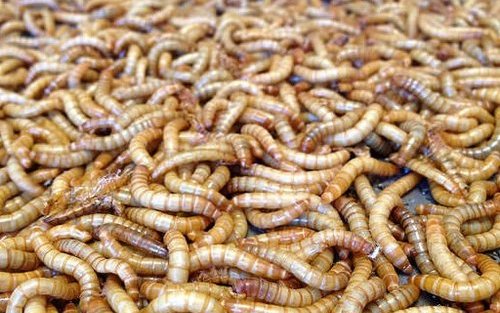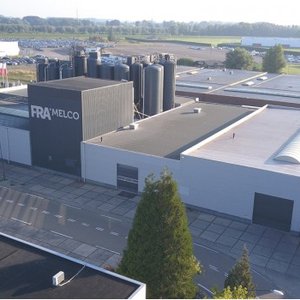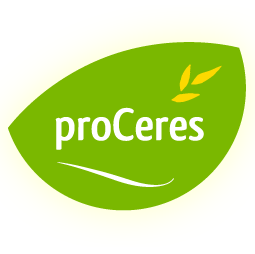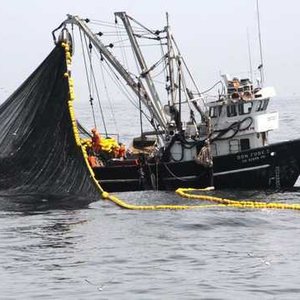Beta Hatch, together with the Indiana University, published the complete genome of mealworm (Tenebio molitor). The results will help those who wish to utilize the DNA and optimize the yellow mealworm for mass production and consumption.
“Beta Hatch has always been a technology-driven company. We have been working on genomics and breeding of the mealworm for more than four years, and an assembled genome is an important milestone for any breeding program. We felt it was very important to publish this work open-source and publicly so that researchers around the world and other industry players can continue to advance the field of insect farming,” said Virginia Emery, founder and CEO of Beta Hatch, to Aquafeed.com.
The yellow mealworm, the larval stage of Tenebrio molitor, shows great promise as an alternative source of animal protein. “As with any crop or livestock, knowing the genome and how the animal works are extremely valuable for increasing the efficiency of how we grow it. This is also the case with mealworms. Having the genome adds another tool to our production optimization, allowing us to find and amplify the best traits in our breeding stock, which makes our product lower cost and higher quality,” explained Emery. “We are not intending to put a GMO bug on the market. Rather, we are using the genome to inform conventional breeding practices that have been done with other crops for millennia. The genome is just allowing us to speed up that breeding process and to be more targeted in our approach. The end result is a faster-growing more nutritious insect which can be affordably produced as a high-quality animal feed ingredient.”
Beta Hatch, a U.S. insect-growing startup, recently raised $3 million as part of a new funding round. Founded in 2015 by entomologist Virginia Emery, the company has raised $5 million in total equity while also securing $4.6 million in state and federal funding.
“We are continuing to grow our production capacity and will soon be bringing on-line our flagship factory in Washington State. We are looking forward to enhancing our breeding program to push these insects into even faster development, and are working on improving valuable traits like methionine content. Ultimately, we plan to scale our supply chain worldwide to provide sustainable proteins for animals in all types of production systems, but in aquaculture particularly,” concluded Emery.
Check out the yellow mealworm genome here.













